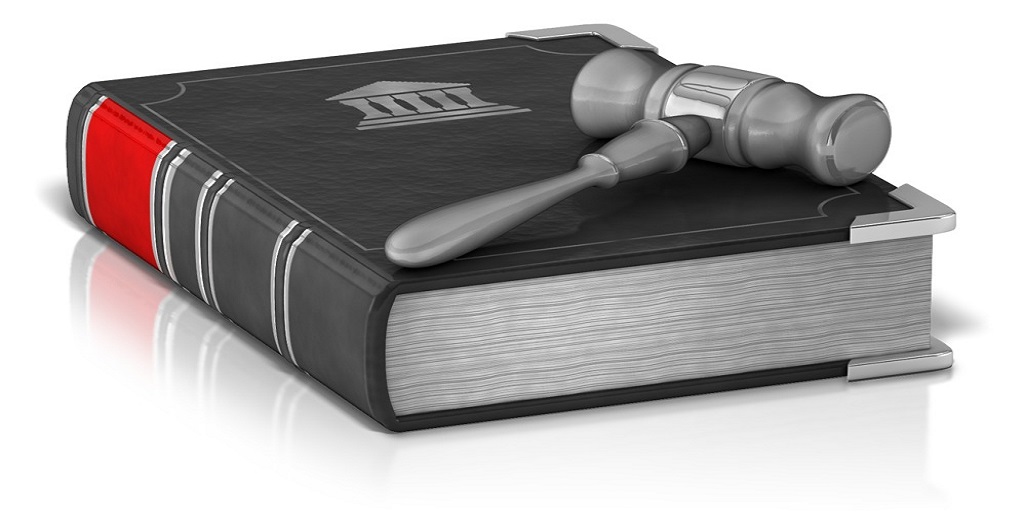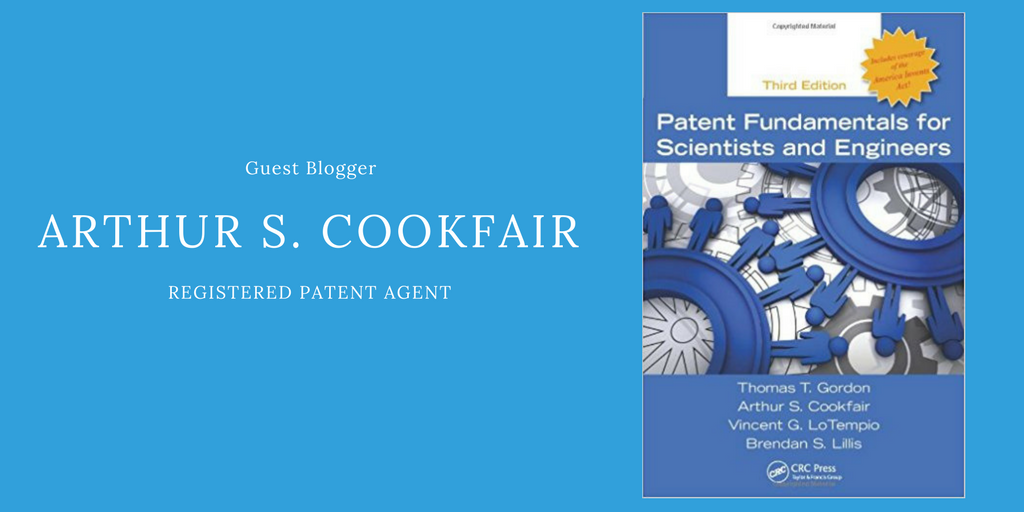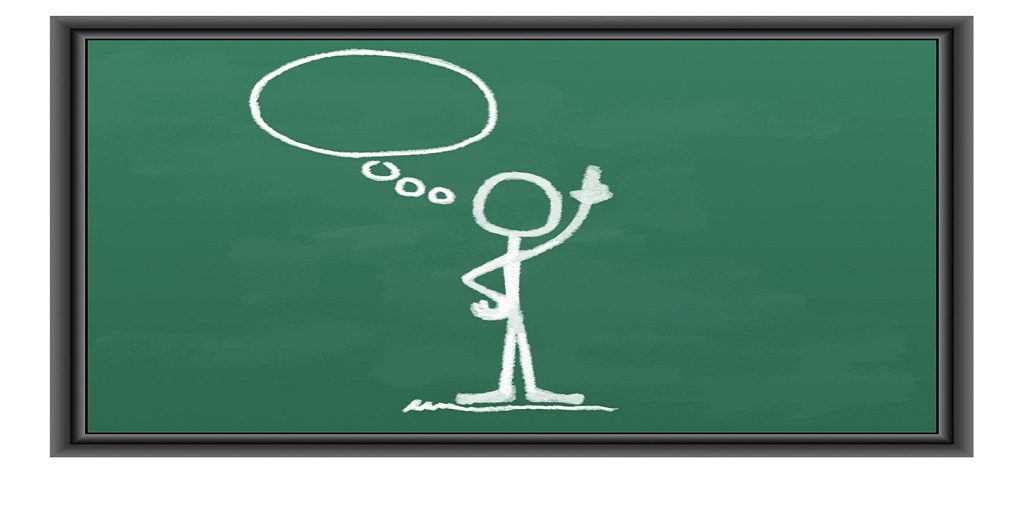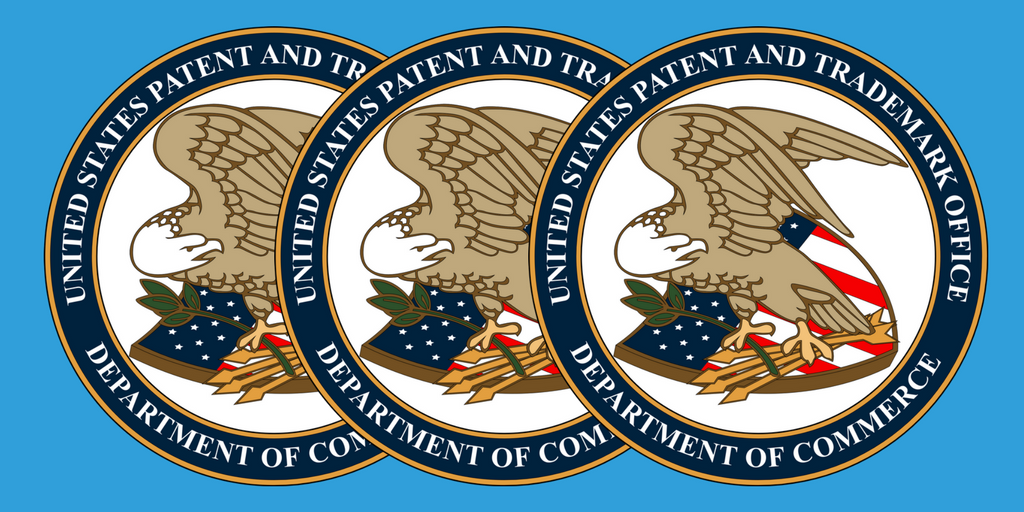Bilski vs Kappos
What’s taking the Supreme Court so long to hand down an opinion on the Bilski vs Kappos case? Bilski was argued on Nov. 9, 2009… 225 days ago. There has been much speculation that the decision will be published when the Supreme Court next releases its opinions on Thursday (June 24, 2010) or next Monday.
Dennis Crouch’s Patently-O blog posts a nice chart of Joseph Miller, a professor at Lewis & Clark Law School, which shows the length of time it took the Supreme Court to render decisions on 20 other patent cases. The range was between 35 and 153 days. Dennis Crouch concludes:
“If you feel like you’ve been waiting a long time to see the Bilski opinion, it’s because you have been waiting a longer time than usual.”
My first thought was how can you compare Bilski, a case that’s going to have long reaching consequences to many existing patents and software companies futures, with any other patent case? Wouldn’t you expect it to be longer than the rest?
But a quick glance at the list and I saw a couple of the seminal cases in patent law history and a big one is right there at 140 days- Festo Corp. v. Shoketsu Kinzoku Kogyo Kabushiki Co., Ltd., a case that was pending for almost twenty years and a case the Supreme Court looked at twice regarding the scope of prosecution history estoppel under the doctrine of equivalents.
The questions presented to the Supreme Court in Bilski were:
- Whether the Federal Circuit erred by holding that a “process” must be tied to a particular machine or apparatus, or transform a particular article into a different state or thing (“machine-or-transformation” test), to be eligible for patenting under 35 U.S.C. § 101, despite this Court’s precedent declining to limit the broad statutory grant of patent eligibility for “any” new and useful process beyond excluding patents for “laws of nature, physical phenomena, and abstract ideas.”
- Whether the Federal Circuit’s “machine-or-transformation” test for patent eligibility, which effectively forecloses meaningful patent protection to many business methods, contradicts the clear Congressional intent that patents protect “method[s] of doing or conducting business.” 35 U.S.C. § 273.
The Bilski decision may affect whether any business method, software, e-commerce and/or medical diagnostic technology is patentable. It will be interesting to see what and when they decide this case. Stay tuned for my next post on the Bilski decision.
Other related posts:
Senator Leahy Uses Bilski to Push Patent Reform
USPTO Sends Bilski Memo to Patent Examiners
Legal community weighs in on Bilski v. Kappos
Business method patents…what will the Supreme Court Do?




